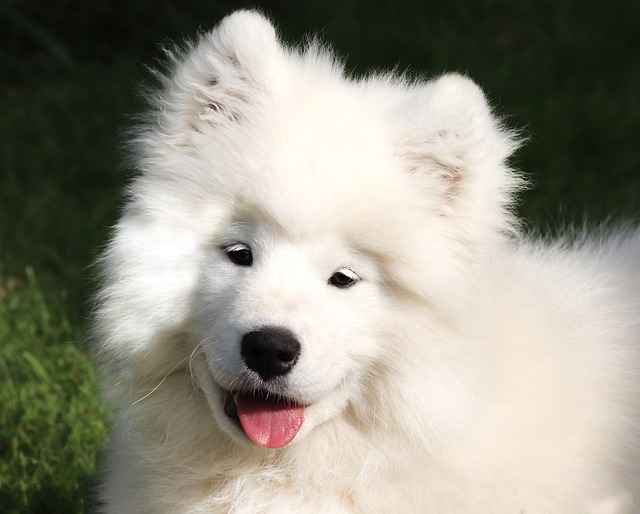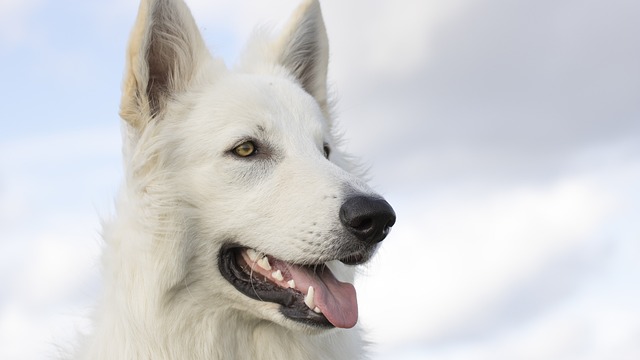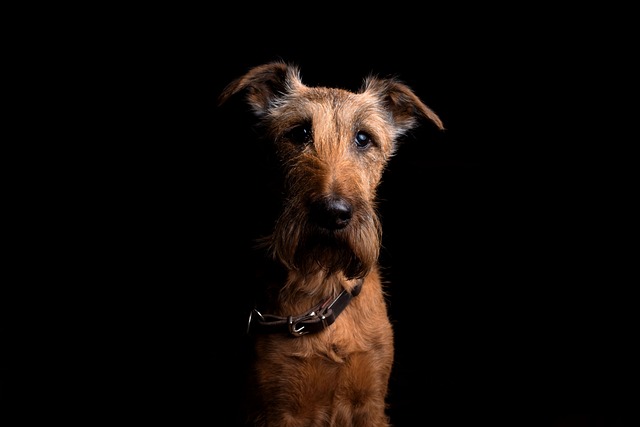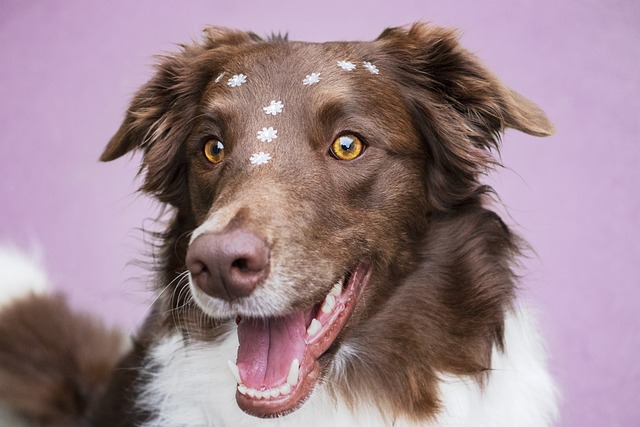
How to unclog a dogs stomach?
When a dog that is usually lively and active suddenly becomes listless, with a bulging abdomen and even vomiting frequently, the distressing appearance makes every owner anxious.
Dogs are our most loyal companions, and their every move tugs at our heartstrings. From welcoming us home with a wagging tail to accompanying us through countless quiet afternoons, they bring endless joy and warmth to our lives. However, as dogs age, a worrying condition may quietly descend upon us - canine dementia, also known as Canine Cognitive Dysfunction Syndrome (CCDS). Knowing the signs of dementia in dogs can not only help us detect problems as early as possible, but also allow us to give them more love and care in the last days of their lives.
Behavioral changes are often one of the easiest signs to notice. Dogs that used to have a regular schedule may begin to experience disrupted sleep cycles. During the day, they are no longer as active as usual, but instead take frequent naps or even sleep for long periods of time; at night, they may become restless and have trouble falling asleep, pacing back and forth in the house and making unprovoked noises. This reversal of day and night is like a clock that was originally accurate and suddenly lost its rhythm, which makes the dog's life fall into chaos.
In terms of social interaction, the dog that used to be clingy may become withdrawn. In the past, as long as the owner was at home, it would always follow around, eager to be touched and paid attention; now, it may hide in a corner alone, respond coldly to the owner's call, and no longer actively seek intimacy. When other pets or guests visit, it also loses its former enthusiasm, no longer excitedly wags its tail to greet, and even shows unfamiliarity and avoidance to familiar companions.
 The dog's daily habits will also change significantly. For example, it may urinate and defecate at random at home, which was originally well-trained and defecate at a fixed point. This is not because it deliberately makes trouble, but because dementia affects its perception of defecation and the fading memory of previous training. It may get lost in places that were once familiar, and even in its own yard, it will appear confused and unable to find its own doghouse or the corners it often goes to.
The dog's daily habits will also change significantly. For example, it may urinate and defecate at random at home, which was originally well-trained and defecate at a fixed point. This is not because it deliberately makes trouble, but because dementia affects its perception of defecation and the fading memory of previous training. It may get lost in places that were once familiar, and even in its own yard, it will appear confused and unable to find its own doghouse or the corners it often goes to.
The decline in cognitive ability is also obvious. It becomes extremely difficult for it to learn new commands. Simple actions that it once learned, such as "sit down" and "shake hands", are now difficult for it to understand no matter how patiently the owner guides it. In terms of memory, it may forget where its favorite toys or snacks are hidden, and even if these things are right in front of it, it will not be as excited and responsive as before.
Sensory functions will also gradually weaken as dementia progresses. Vision declines, causing it to easily bump into furniture or walls when walking; hearing declines, and it no longer has a keen response to external sounds such as the owner's call, doorbell or car sound. When eating, it may not smell and taste the food as well as before, and it has little interest in the food it once loved.
When we find these signs in dogs, our hearts are inevitably filled with worry and sadness. But remember, it is not the dog's fault. They are just like human old people, struggling with the decline of physical functions. As owners, what we can do is to give them more patience, care and understanding. Take your dog to see a veterinarian and determine whether it has dementia and the severity of the disease through professional examination and diagnosis. In daily life, create a safe, stable and familiar environment for it to reduce its anxiety caused by cognitive decline. Spend more time with it and comfort it with gentle voice and touch. Even if it is no longer as lively as before, every moment of companionship is invaluable to it. Canine dementia may not be completely cured, but our love and care can make the dog feel warm and at ease in the last journey of life.

When a dog that is usually lively and active suddenly becomes listless, with a bulging abdomen and even vomiting frequently, the distressing appearance makes every owner anxious.

When a pet dog has a fungal infection, the owner is often extremely anxious and eager to know how long it will take for the dog to recover. This is not only related to the dog's health but also tugs at the owner's heart.

When we gently stroke the ears of our pet dogs, feel the soft touch, and watch them enjoy this tenderness, our hearts are filled with warmth. However,

When the furry little puppy wagged its tail and stumbled towards us, its innocence and dependence instantly melted our hearts. However, when we find that the little guy who is usually lively and energetic suddenly starts to have diarrhea,

When we stroke the soft fur of dogs, watch them wag their tails happily, and enjoy the warm time together, our hearts are always filled with happiness.

When we see the dog squatting in the corner, straining hard but having difficulty defecating smoothly, and its originally lively eyes full of discomfort and helplessness,